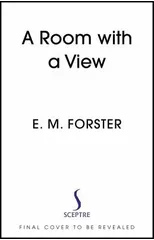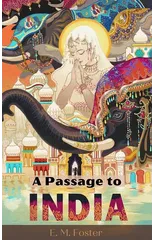Lucy Honeychurch arrives in Italy for the first time, dependent on a Baedeker travel guide and her stern chaperone, Miss Bartlett. As she explores Florence, Lucy realises the constraints of her middle-class upbringing and finds herself attracted to George Emerson, a young man also staying at the Pension Bertolini. Then an impulsive kiss and the confusion that follows prompt a sudden departure from the city. Back in England and engaged to the domineering Cecil Vyse, Lucy meets George again. Caught between social obligation and a suppressed desire for a different life, she must learn how to be true to herself.
E M Forster
E. M. Forster (1879-1970) was an English novelist known for his exploration of class differences and human relationships. His most notable works include "A Room with a View," "Howards End," and "A Passage to India." Forster's writing style is characterized by its clarity, wit, and insight into the complexities of human emotions. He is credited with portraying the inner lives of his characters with sensitivity and depth. Forster's contributions to literature include his exploration of themes such as imperialism, social injustice, and the struggle for personal freedom. His most famous work, "A Passage to India," is considered a masterpiece of modernist literature and continues to be studied and celebrated for its poignant portrayal of the clash between British colonizers and Indian natives. Forster's work has had a lasting impact on the literary genre of the novel, influencing generations of writers with his thoughtful exploration of the human experience.




